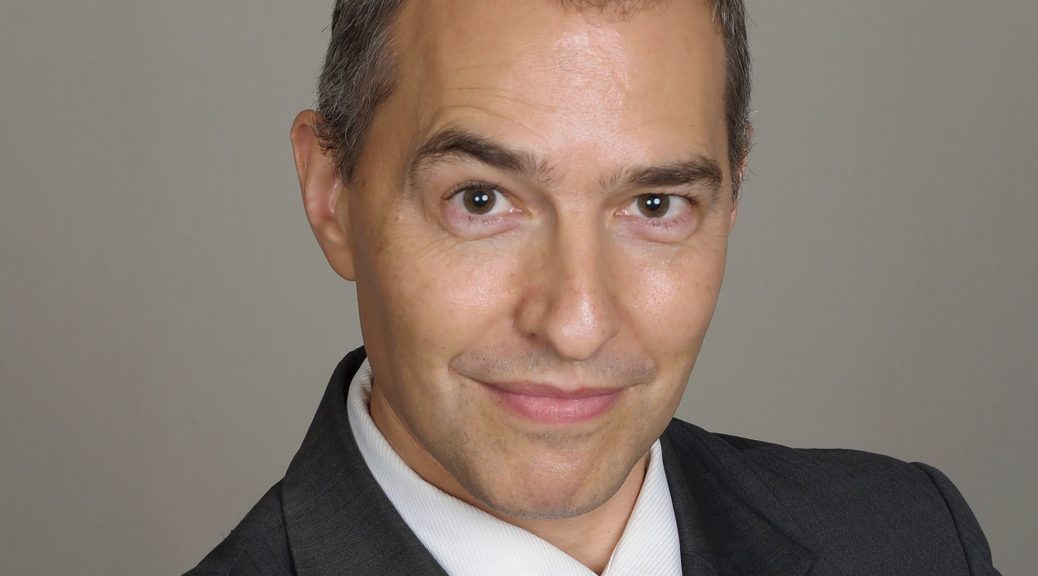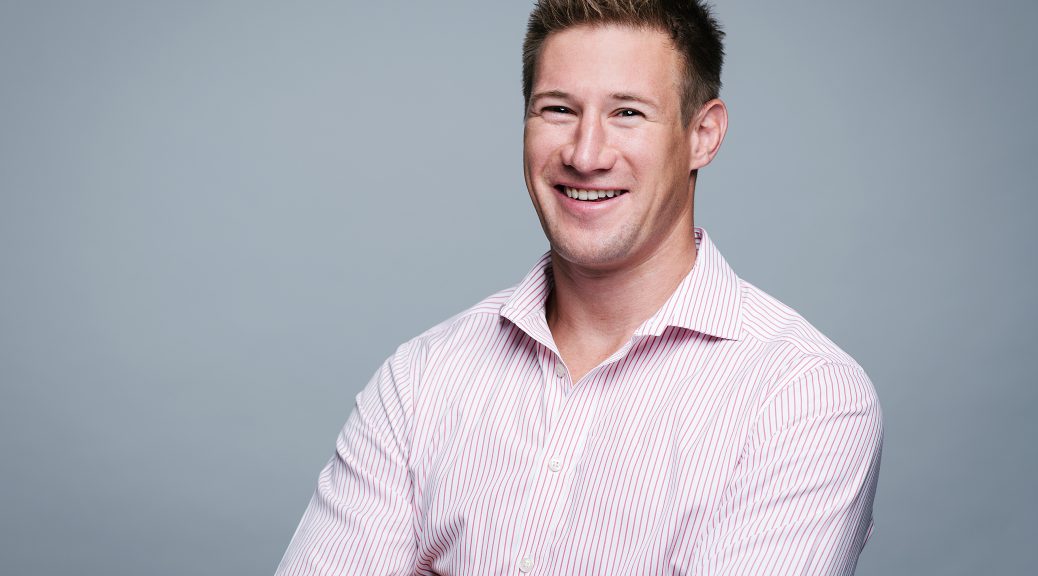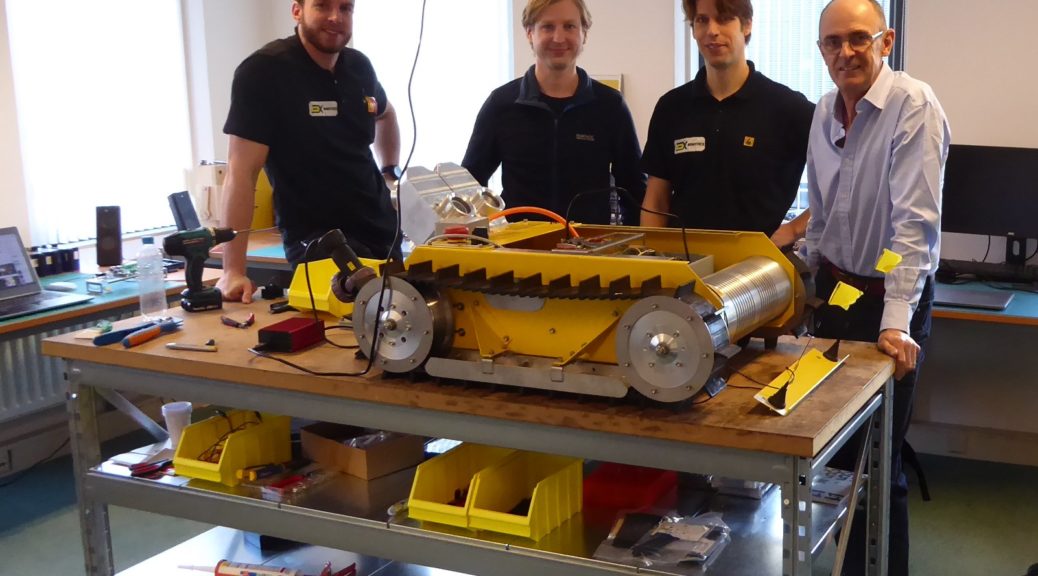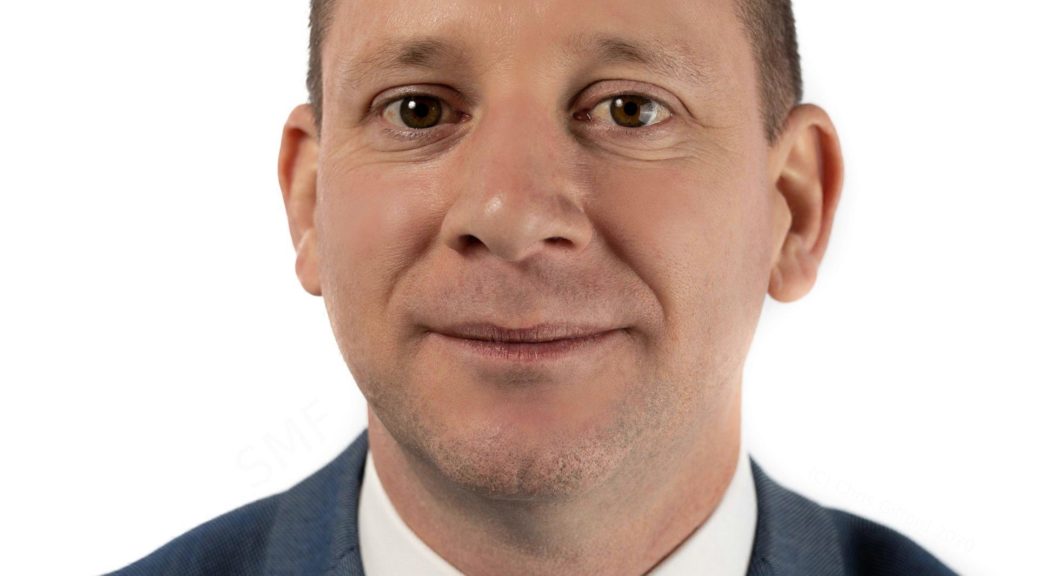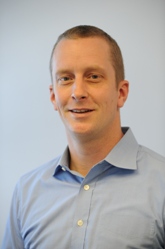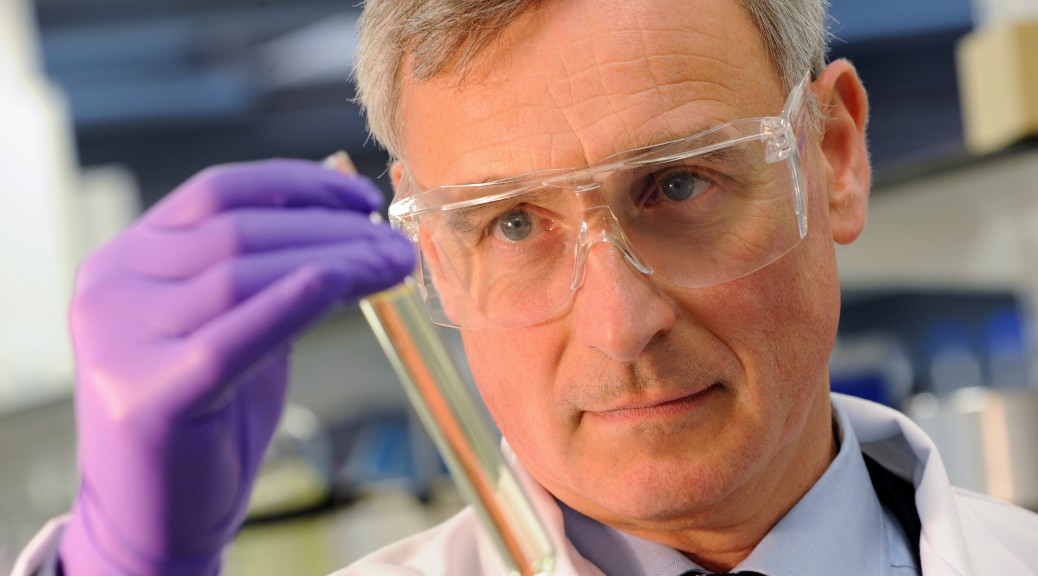
Kyle Henderson’s passion for aeroplanes began as a youngster and it has travelled with him throughout his life. This love of planes inspired him to become an engineer and subsequently to take an MBA at a top international business school, INSEAD, in order to take his career to new heights at Honeywell Aerospace, where he is now the Senior Director of Licensing.
In this profile, we learn a little about Kyle’s career and why he believed an MBA would be pivotal to his international career progression even though he was already on a great trajectory in the aerospace industry. What did he gain from the experience? How has the combination of engineering and business skills enhanced his work and career?
“When I was growing-up I felt the ‘wow-factor’ associated with aircraft, whether it be the huge, majestic air transport aircraft or the sleek and sexy military fighters. I wanted to become an engineer so that I could be involved with aerospace and all those cool aircraft,” explained Kyle.
Early Career
Confident about his career path, Kyle began working in the aerospace sector before and during university and gained excellent grounding in a large blue-chip company, Bombardier. Then, after graduating from Oxford University with an Honours Degree in Engineering, he joined the Airbus Graduate Development Programme, where he enjoyed rapid progression to a Project Engineering role, and later went on to lead a Customer Support Team as Project Team Leader and was responsible for 40 projects in Landing Gear Systems. Another major project involved steering a partnership with a key overseas supplier to pioneer a thermoplastic composite aircraft structure that delivered significant weight saving, reduced parts count by 75%, saved EUR 10 million programme cost.
Kyle’s next blue-chip company landing was Fokker Aerospace in The Netherlands where he was Outsourcing Manager leading a cross functional team of eight. Amongst his achievements were the creation of a EUR 18 million business-winning proposal and the outsourcing of an 8,000-man hour engineering work package with a previously untried Russian company that paved the way for substantial future cooperation.
At this point, eight years into his career, Kyle had worked in both pure engineering and programme management positions and had developed a keen interest in more strategic/corporate roles, and he wanted to steer his career in that direction. To achieve this, he knew that he needed additional skills and that an MBA would give him the formal business education to secure a senior management position and accelerate his career progression.
The Difference an MBA Scholarship Makes
Kyle chose INSEAD for his MBA because he felt that its international footprint and culture were a perfect fit for the career he wanted to build. He was so sure that it was the school for him that it was the only one he applied to, and despite the rigorous entry and language requirements, he was successful. We all know that taking an MBA at an internationally renowned biz-school comes at a premium price, so Kyle was fortunate to get a scholarship to offset some of the costs. He was invited to a Sainsbury Management Fellows’ (SMF) networking event by an old friend from his Oxford days and now an SMF, Chris Gifford, where he met other high-flying engineers who had gained an MBA with the help of an SMF scholarship. Kyle got through the stringent application process and was awarded a £30,000 scholarship.
Kyle said: “Having the SMF scholarship was a massive safety net and allowed me to take the bold step of leaving a job with no return path on the table, as well as moving to a different country/continent and trusting that I would be equipped to find the next exciting step in my career without any unwelcome gap.”
From MBA to Senior Management
The MBA has had a transformative effect on Kyle’s career – straight out of INSEAD Kyle landed his first role at Honeywell Aerospace, in Prague in the Czech Republic, as Senior Strategic Marketing Manager responsible for setting the strategic direction and growing Honeywell’s business in Europe, Middle East, Africa and India (EMEAI). Three years later he moved to Honeywell Aerospace’s regional headquarters in Switzerland as Honeywell’s Global Business Manager and led the execution of aftermarket strategies for the entire Mechanical Product portfolio within the EMEAI region.
Leapfrog to the present and Kyle is based in Arizona in the US and is Senior Director of Licensing, responsible for driving Honeywell Aerospace’s global licensing strategy. He leads a 15-strong outbound licensing team that licenses third parties/partners who require access to Honeywell Intellectual Property (IP), so delivering millions of dollars in revenue.
Kyle’s decision to gain key skills in strategy, marketing, finance and leadership, have enabled him to shine at Honeywell and springboard from one great opportunity to the next. Asked how the MBA has helped him tackle business challenges, he said “As far as professional skills go, the marketing and strategy techniques I learned were the biggest pieces of ‘book knowledge’ I absorbed in my MBA.
“When negotiating a licensing deal – or any type of deal for that matter – the better informed you are, the better the outcome. One of the most important things to understand for any of my team’s licensing deals is how much value the technology or intellectual property we are providing will bring to the licensee. This typically involves understanding the market size and how the license will help them win more business than they otherwise would. This market sizing and determination of value against a real-world ‘next-best-alternative’ is key Strategic Marketing 101 and is one of the technical skills my SMF-enabled MBA brought me.
“Whilst an MBA cannot deal with specific trends in an industry, the business framework afforded by an MBA helps one to understand and react to some of the key macro drivers in the aerospace sector, be that industry consolidation through M&A of the larger players or vertical integration by the large OEMs.”
Asked for an example of how his engineering experience helps in licensing deal-making, Kyle said, “Engineering is fundamental to our work. Like most business transactions, a licensing deal is truly successful when both parties realise a real benefit from the activity. As a technology company, the Intellectual Property that is the subject of Honeywell’s licenses is by its nature going to be technical. As such, having a good grasp of how the IP will be used and the value it will bring to the licensee – something that my engineering background enables me to assess – is key to striking the optimum licensing deal.”
Apart from the technical knowledge gained through his MBA, Kyle also mentioned the importance of leadership skills. Interestingly, in pursuing his passion to work in aerospace, being a leader had not dominated Kyle’s ambition, but leading teams has been an integral part of many of his roles, and he has thrived in this area.
Leadership Skills
He said, “There are many different types of leadership styles and all can be successful. The softer, people skills are every bit as important a factor in being a successful leader as the technical management skillset. As such, personality is important, and good leaders should not feel inhibited about letting their personality shine through at work.
“While I still like being close to the deals my team run, I have a strong team and can see how much more I can deliver with all of their industry knowledge and hard work. I would be hesitant to go back into an individual-contributor role that could have less of a top or bottom-line impact.”
The SMF Network
The engineers who receive an SMF scholarship become Sainsbury Management Fellows (SMFs) on graduation and become part of the SMF network of successful business leaders who work in blue-chip and entrepreneurial organisations. The SMFs use their combined engineering and business skills to help companies and the UK economy grow, as well as mentoring the next generation of engineers. One of the key benefits of being part of the SMF network is the support that the alumni give each other – this ranges from advice on tackling business issues to discussing entrepreneurial investment strategies.
Kyle said that the SMF network has been a tremendous asset and a link to the UK: “Aside from the huge benefit of the scholarship, the SMF network has kept me close to my engineering roots as my career has developed. Having lived internationally for the last 15 years, including all the time during and since my MBA, SMF has also provided a strong link back to the UK and home, and I hope to be able to maintain and grow that in the future, whether that is with a role back in the UK, or whilst staying International.”
Considering doing an MBA?
What advice would Kyle give to a young engineer considering doing an MBA, “Just do it! It might seem like a big step to leave a secure job for the intense world of a full-time MBA – and it is – but if you’re ambitious and don’t mind the hard work, it’s a great way to take the next big step in your career, and possibly your life!
“I have always been motivated by wanting to achieve as much as I’m able to; never wanting to look back with regret and think ‘if only I’d taken that opportunity, or made the leap from something safe and secure to something new and exciting, then I could have done more’. I am enjoying a fantastic international career whilst staying close to my passion for all that cool aerospace stuff! I would definitely encourage other engineers looking to move into a more corporate role to take an MBA,” said Kyle.
The SMF MBA Scholarship
If you are a professional engineer considering an MBA as one of the stepping-stones towards a business leadership career, visit our MBA scholarship application page, you could become one of our successful awardees – today the individual scholarship is £50,000.





